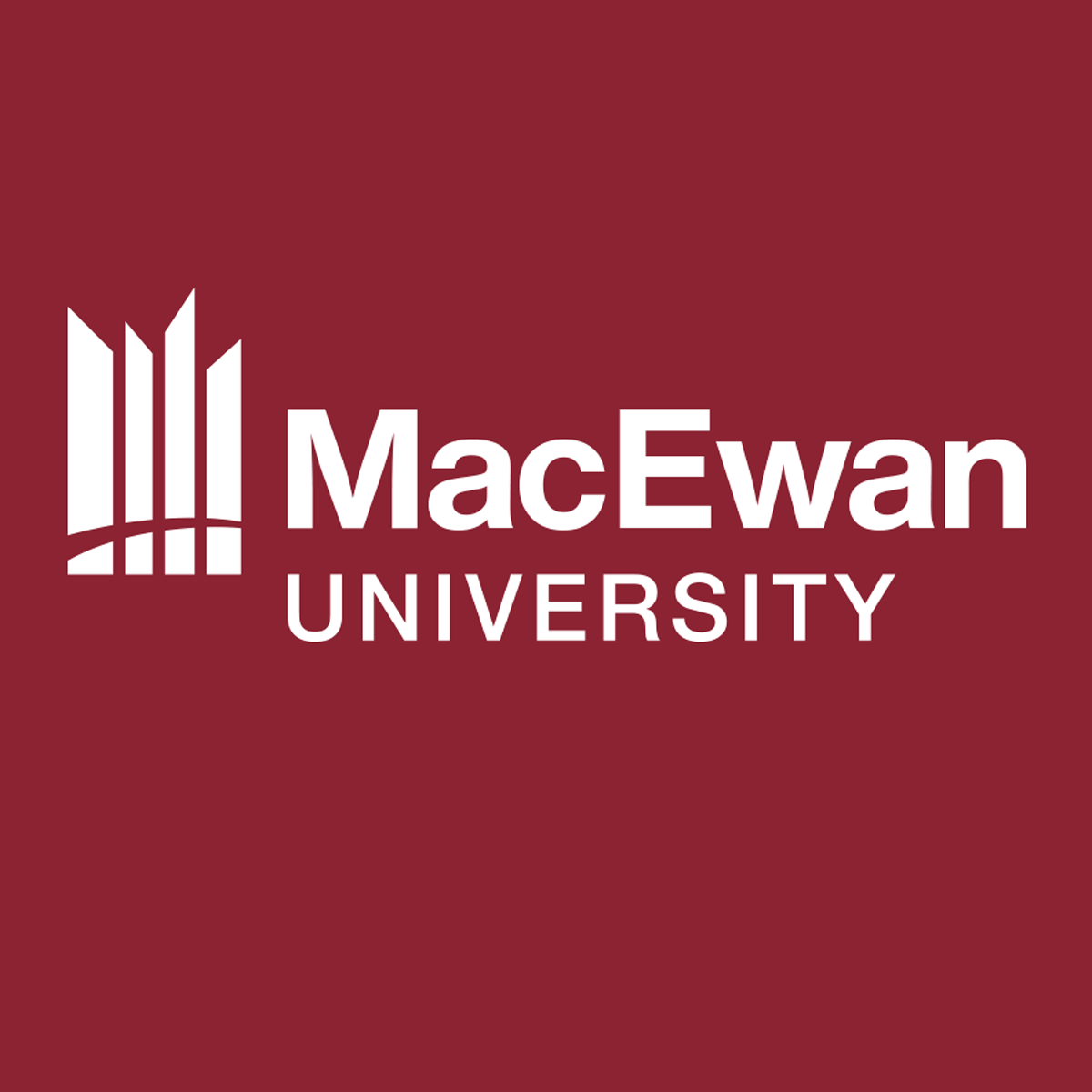- Location
- Edmonton, Alberta, Canada
- Portals
-
-
 Edmonton, Alberta, Canada
Edmonton, Alberta, Canada
-
Achievements
Latest feedback
Experience feedback
Experience feedback
Experience feedback
Recent experiences
WINL 301 - Summer Intake - Arts & Science Disciplines Placement Program
Students in their 3rd and 4th years can participate in these placements. Students will be from a wide degree of majors in the Bachelor of Arts and Bachelor of Science programs. You can expect students to have a solid foundation of knowledge in their program discipline and be capable of working at a fairly independent level (with mentorship and feedback regularly provided throughout the placement). Roles offered to students should reflect early-career level work for their discipline. Bachelor of Arts Majors include: anthropology, economics, English, history, philosophy, political science, psychology, sociology Bachelor of Science Majors include: applied statistics, biological sciences, chemistry, computer science, mathematical sciences, mathematics, physical sciences, psychology
CMPT 496 - Computer Science Capstone Projects
13393, 13392
Student Profile: Students in this course are in their 4th year of the Bachelor of Science, Computer Science program. These students can be expected to generally have intermediate to advanced understanding in computer science related topics. Skills already have: Creative and analytical thinking Research and information management abilities Ability to apply knowledge of basic project management skills to computer science activities. Work as part of a team to communicate and collaborate effectively with colleagues, team members, employers, and technical and non-technical personnel. Demonstrate professional and ethical responsibility in the information technology field and workplace. Understanding of current technologies and trends Skills to be developed: Consulting and understanding specific needs of a client Developing project plan to complete client projects Building experience in completing prototypes/pitches/small scale end deliverables for real organizational needs and challenges Students will come with a wide range of computer science skills and depending on their degree focus will also have specialized skills in different areas. Students can complete their Computer Science degree in the following 4 streams: General Databases and Interactive Visualization Systems and Information Security Video Gaming
CMPT 497 - Computer Science Placement
93618
Student Profile: Students in this course are in their 4th year of the Bachelor of Science, Computer Science program. These students can be expected to generally have intermediate to advanced understanding in computer science related topics. Skills already have: Creative and analytical thinking Research and information management abilities Ability to apply knowledge of basic project management skills to computer science activities. Work as part of a team to communicate and collaborate effectively with colleagues, team members, employers, and technical and non-technical personnel. Demonstrate professional and ethical responsibility in the information technology field and workplace. Understanding of current technologies and trends Programming & Software Development: Proficiency in languages like Python, Java, C++, and more. Problem-Solving & Algorithm Design: Creating efficient solutions to complex technical challenges. Data Structures & Database Management: Expertise in managing and optimizing databases. Web & Mobile App Development: Building user-friendly applications for various platforms. Cybersecurity: Understanding of security principles and practices to protect data and systems. Collaboration & Communication: Working effectively in teams and communicating technical information clearly. Skills to be developed: Tangible experience in the above listed technical and soft skill areas. Students will come with a wide range of computer science skills and depending on their degree focus will also have specialized skills in different areas. Students can complete their Computer Science degree in the following 4 streams: General Databases and Interactive Visualization Systems and Information Security Video Gaming
TEST
test
